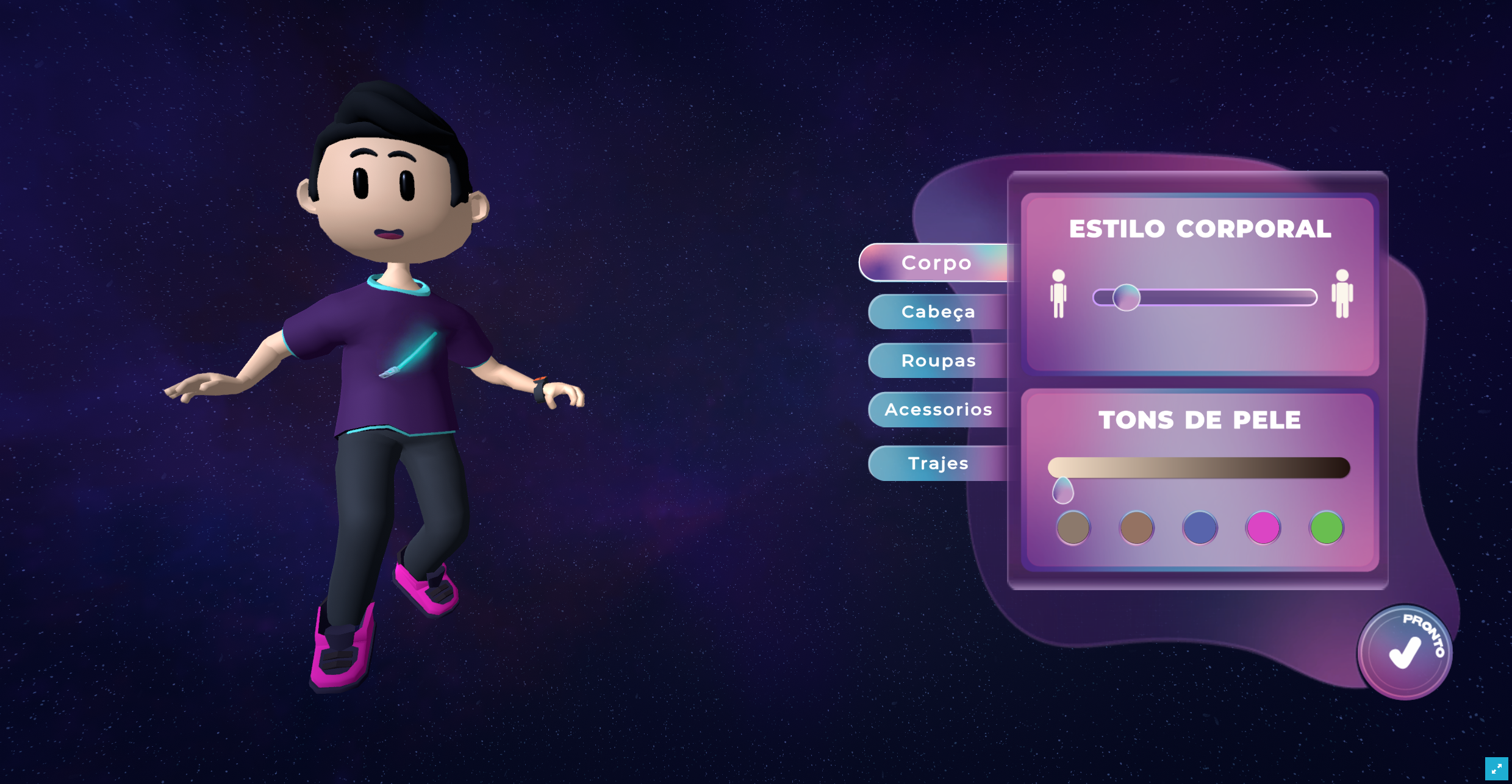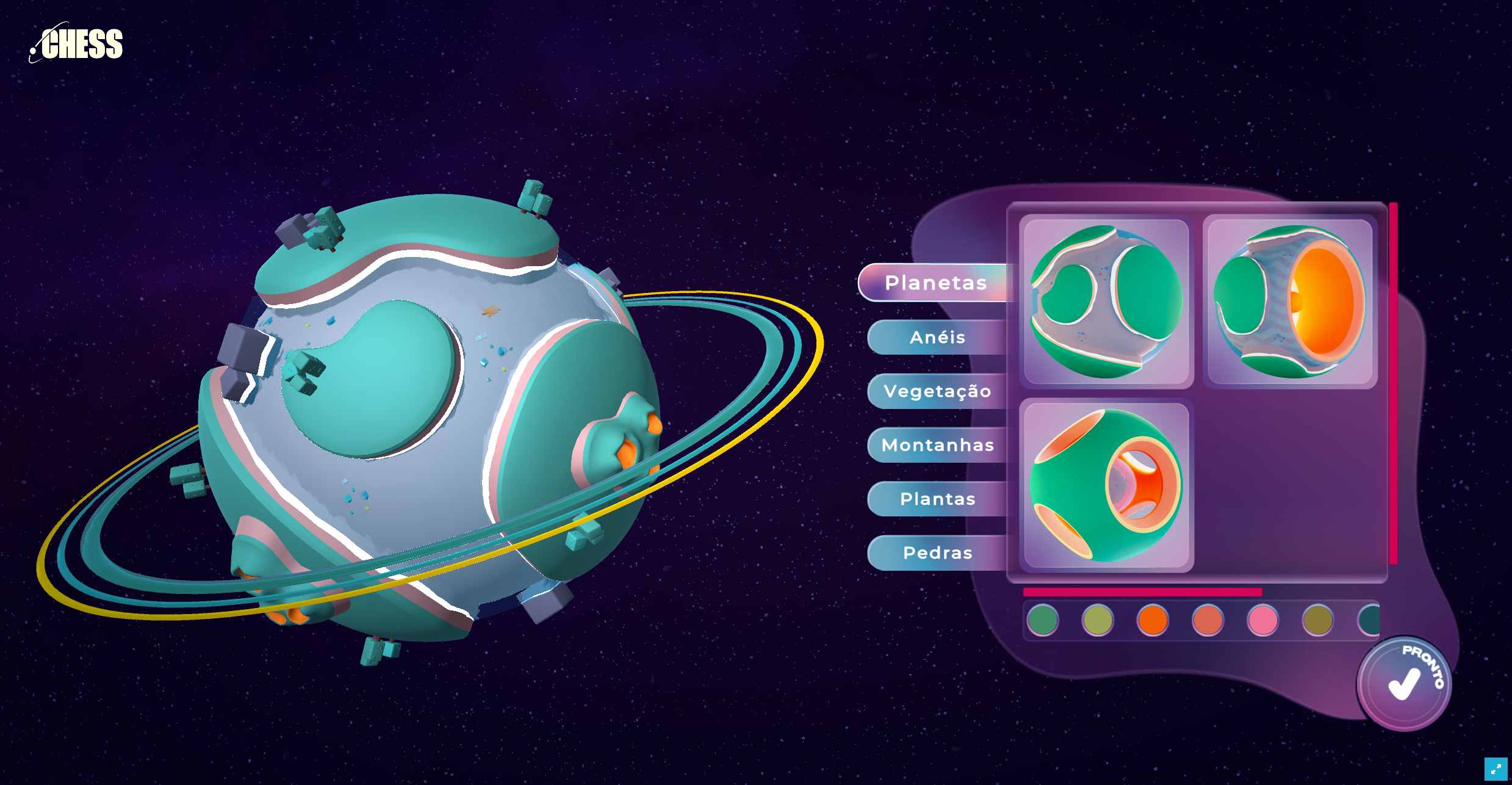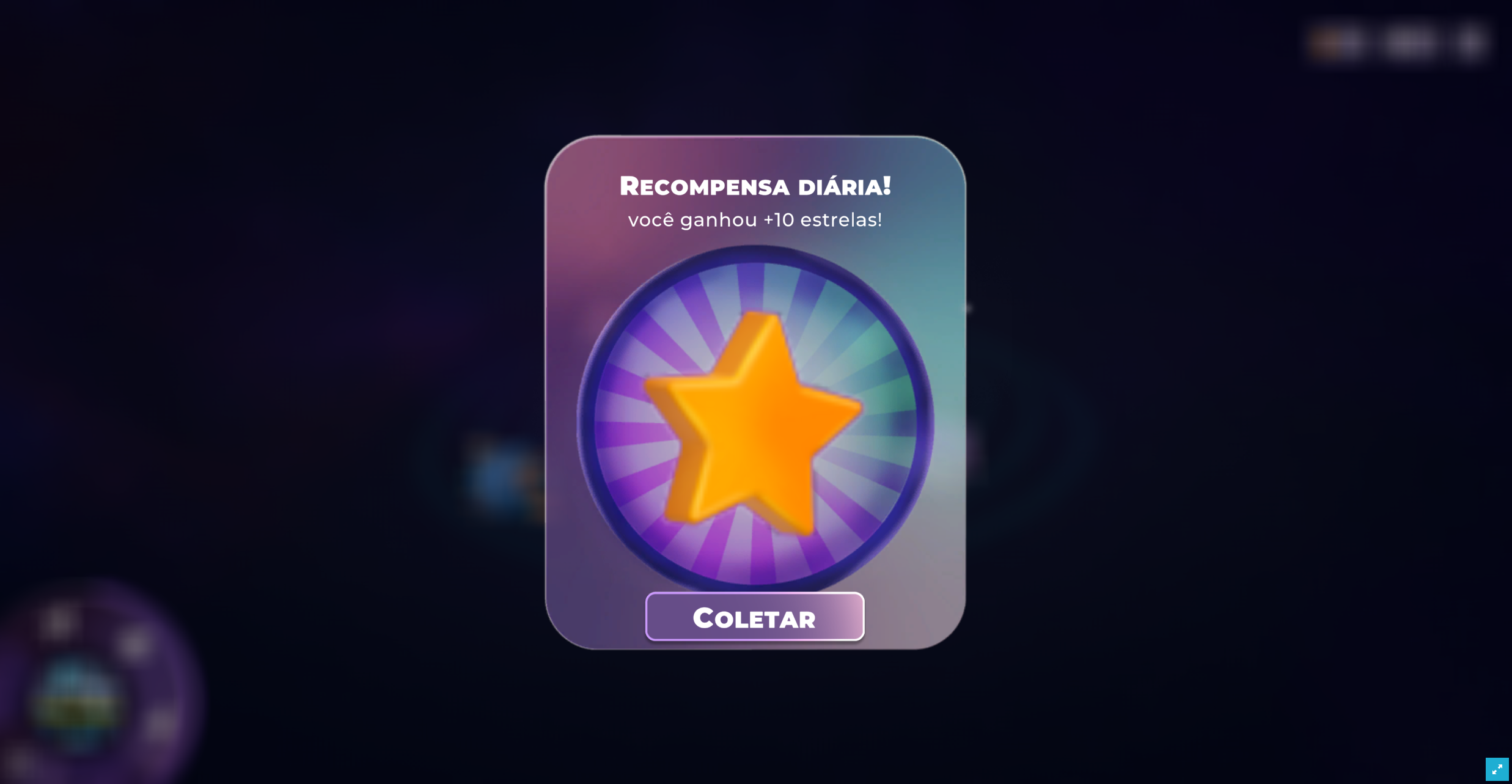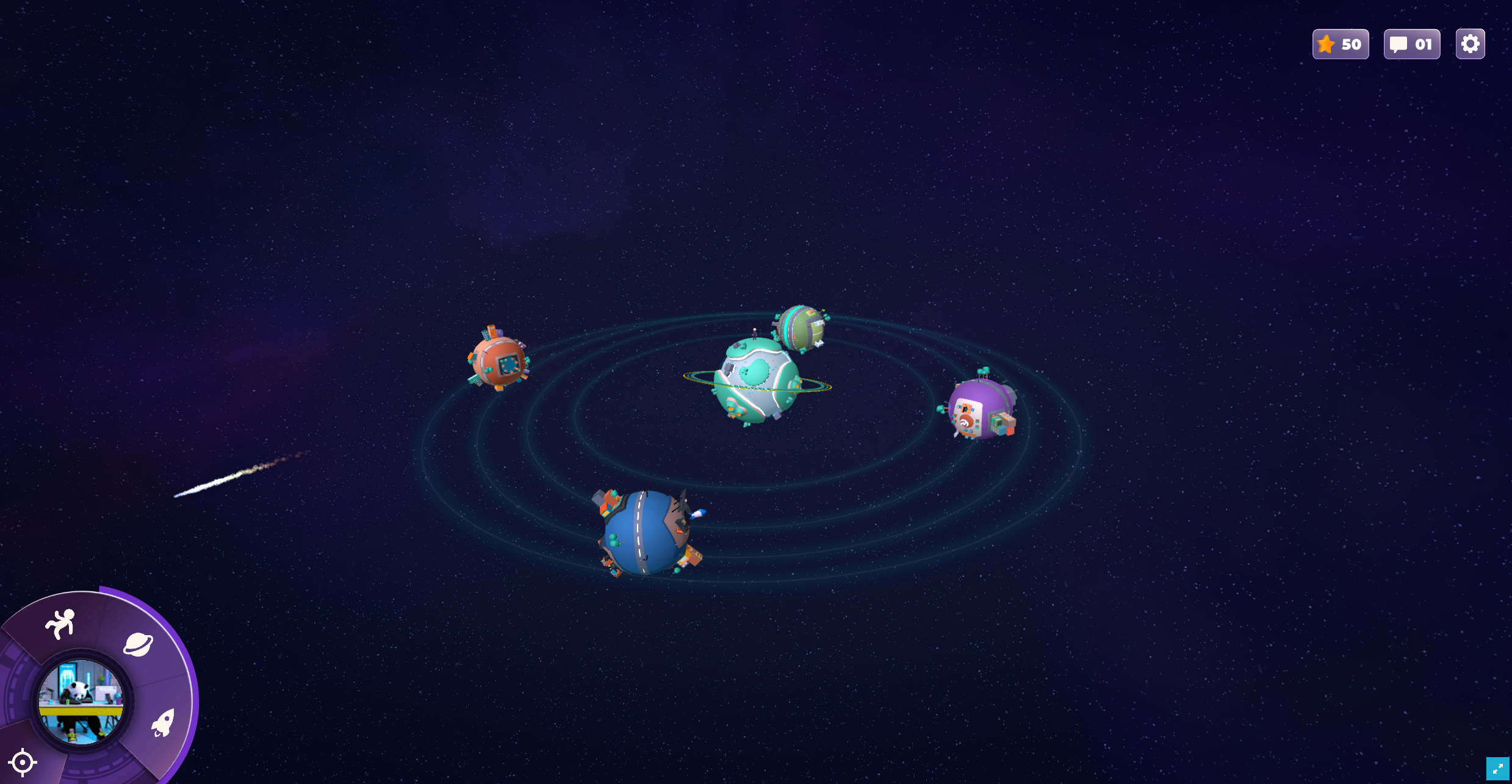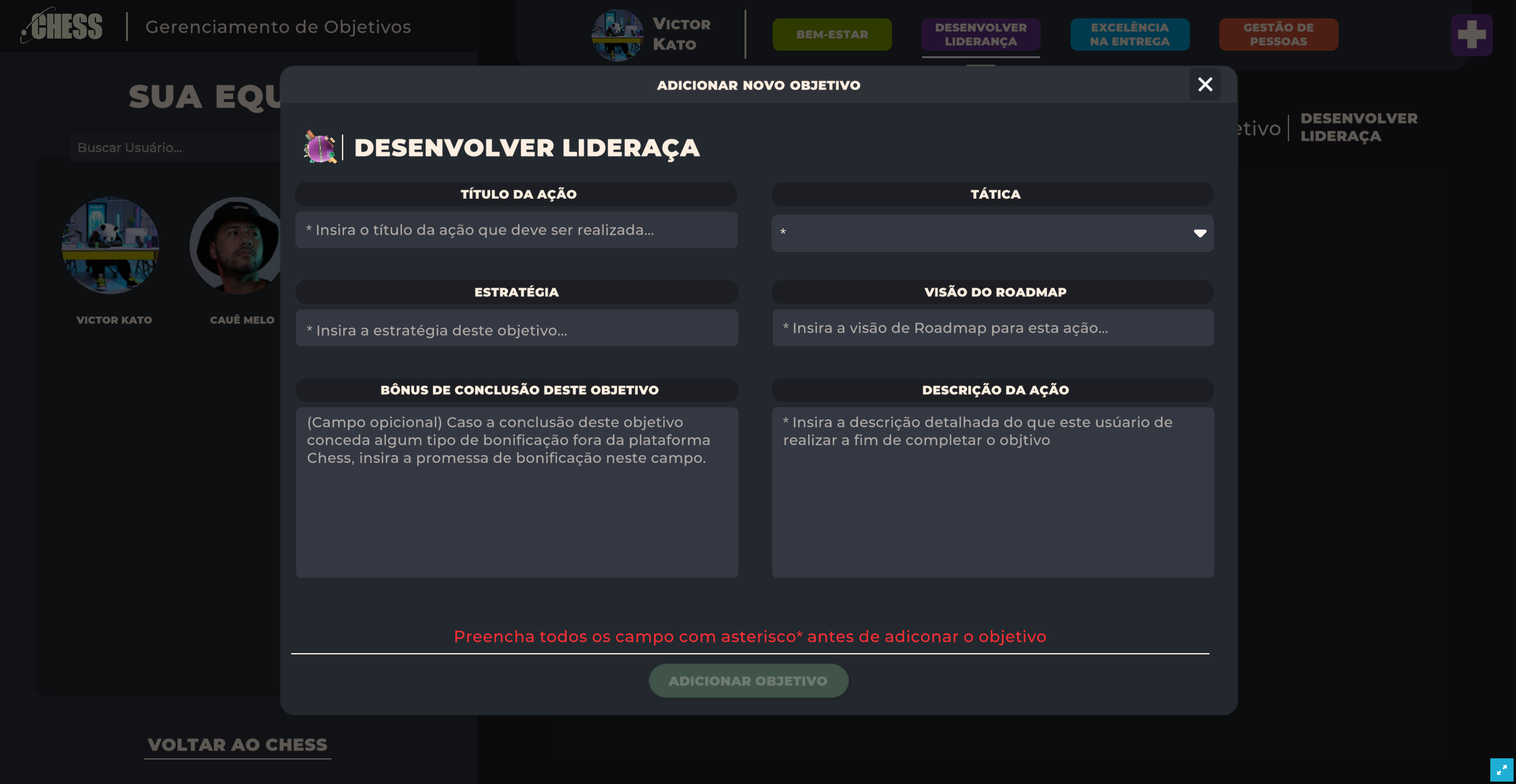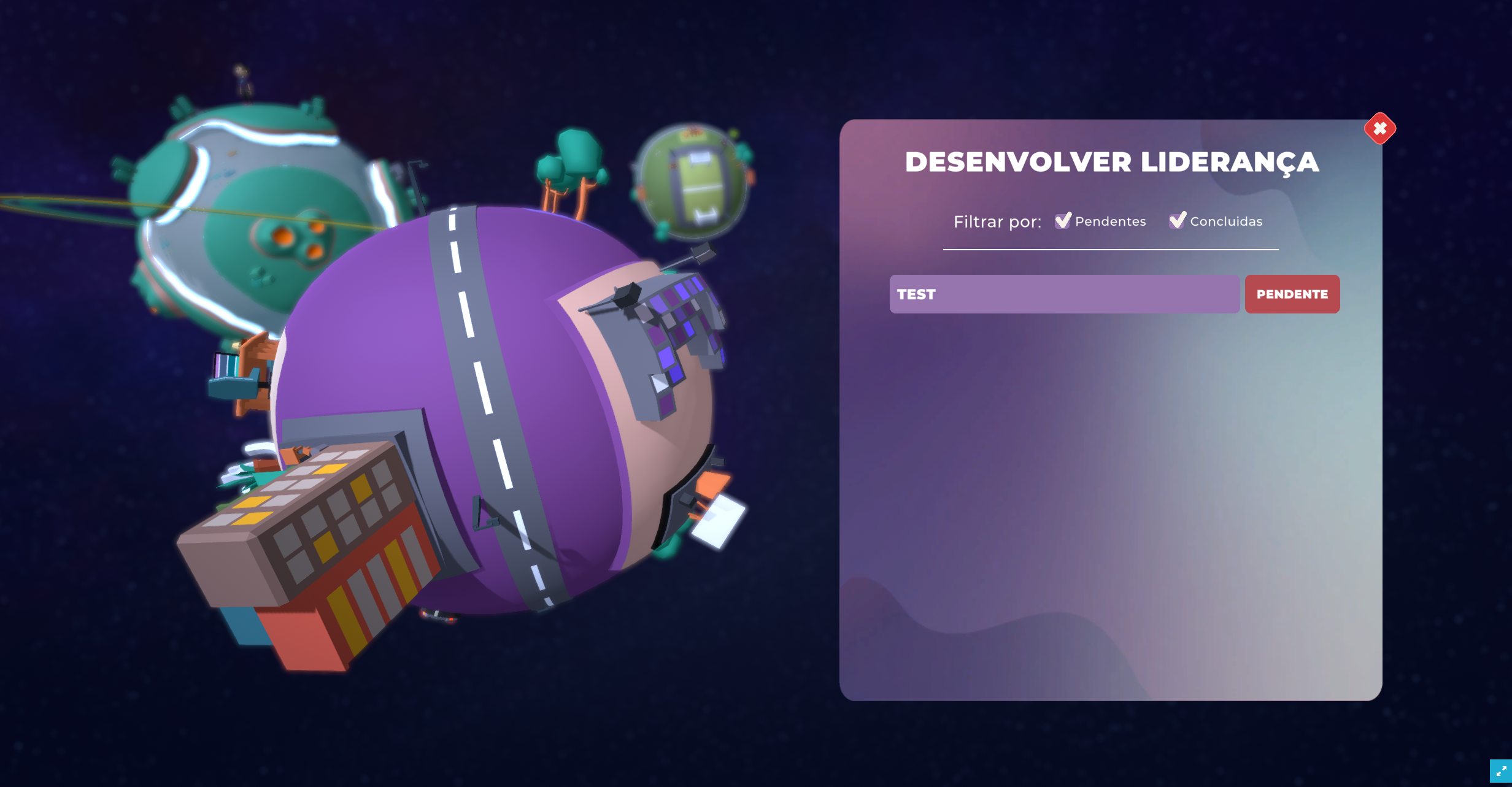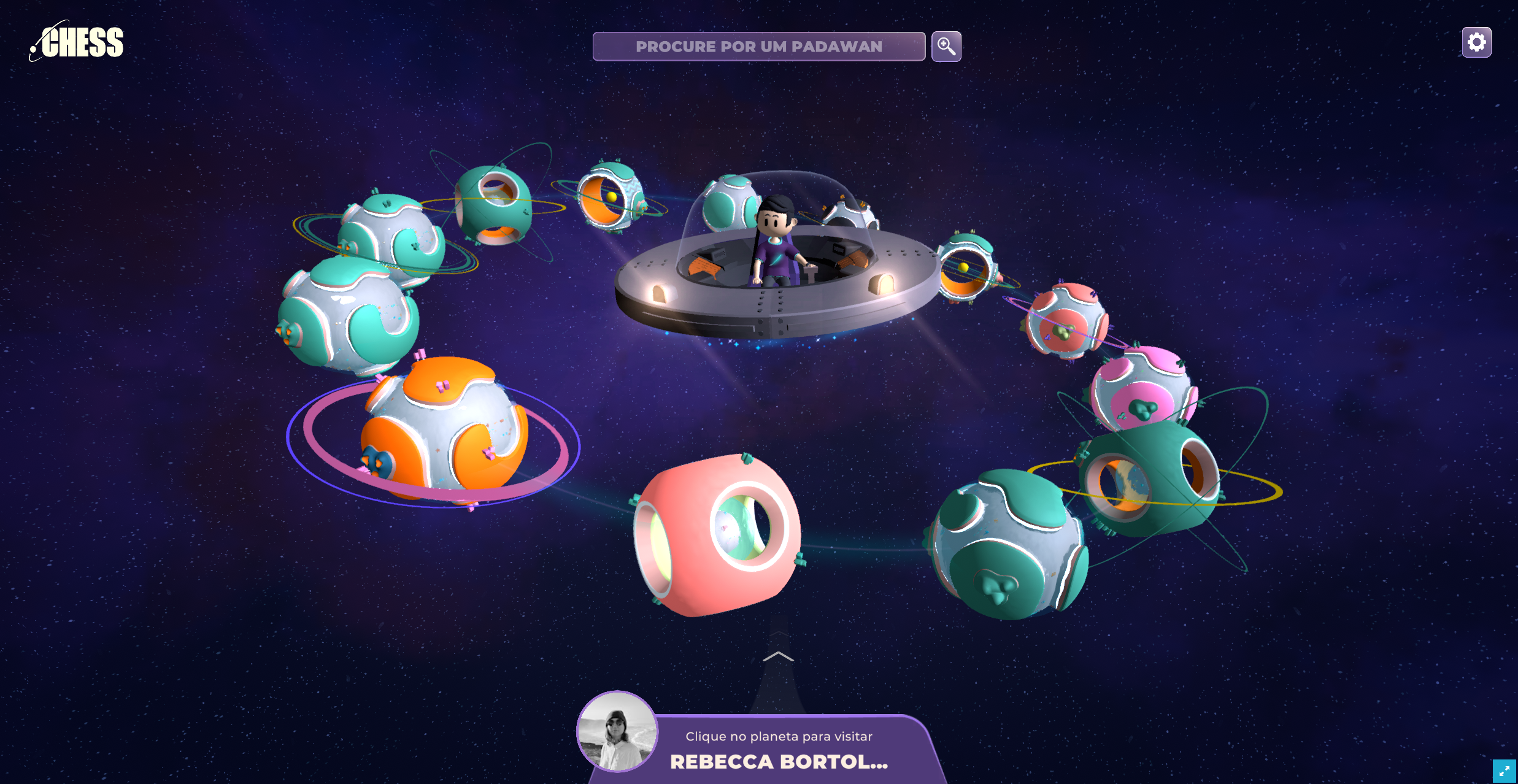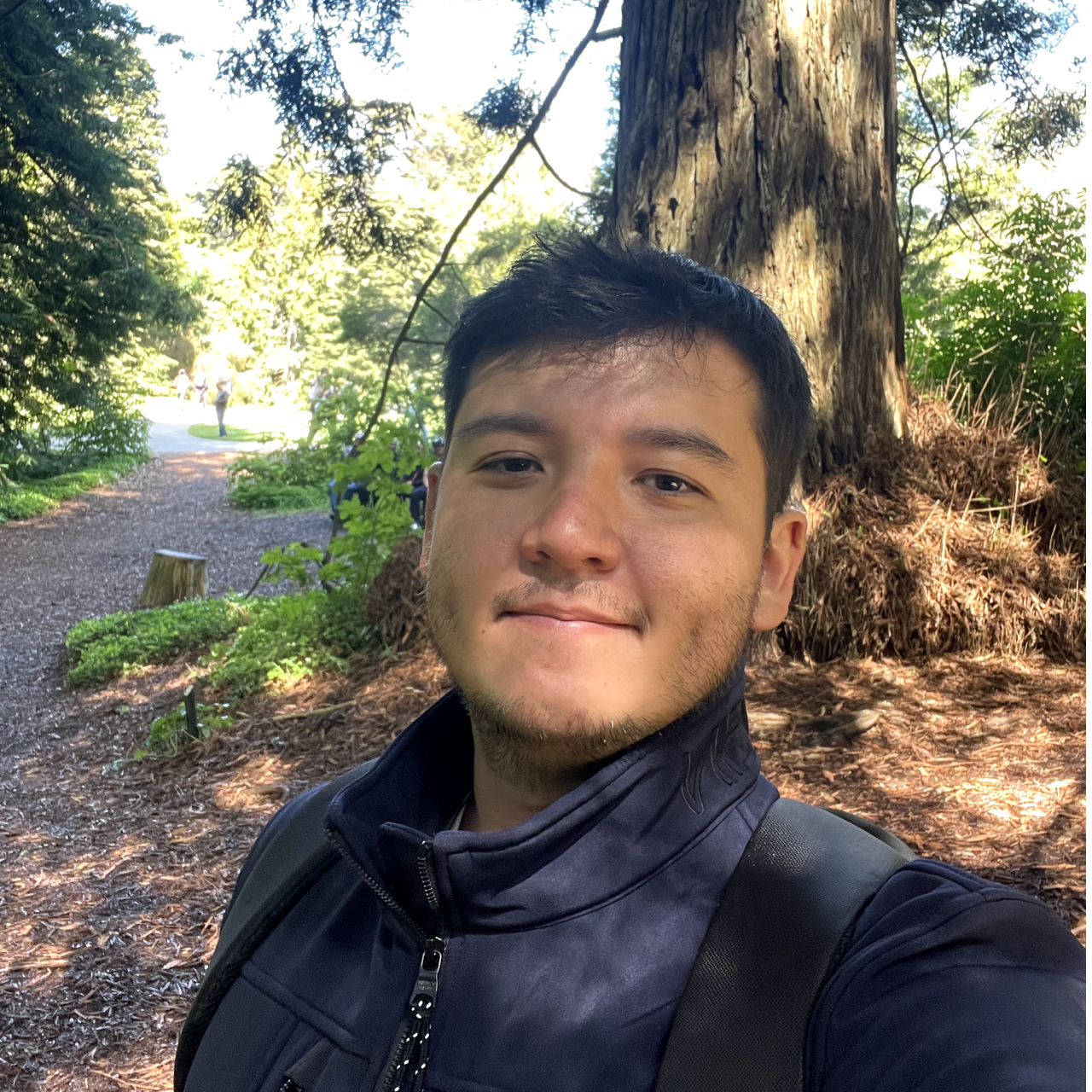Overview
We recognize the value of individuality in the stories of great leaders. They understand the importance of hiring well, setting clear expectations, and fostering positive interactions with their teams. Their approach is strategic and thoughtful, akin to a game of chess.
Some leaders may overlook the diverse motivations and goals of their employees, assuming that everyone is driven by the same factors. They might expect similar relationships and learning experiences from their team members.
In contrast, these leaders may encourage behaviors that feel unnatural to some employees, rewarding those who adapt to predetermined expectations. They may view their role as shaping employees to fit a specific mold, often referring to this as a “career plan” as if everyone were the same.
Great leaders, however, appreciate and support each individual's unique style. They understand that just as a knight and a bishop move differently in chess, team members have varying thoughts, relationship styles, levels of patience, expertise, motivation, and challenges. Recognizing and respecting these differences is key to effective leadership.
The traits and talents of individuals are as distinctive as blood types, transcending superficial differences such as race, gender, and age. These attributes are often enduring and resistant to change. Time is a precious resource for any manager, and great leaders know that investing their time wisely means understanding what makes each employee unique and finding ways to integrate these qualities into the broader team strategy.
To excel in managing others, it’s essential to incorporate these insights into your actions and resources. Effective management is about creating an environment that allows each employee's unique strengths to shine, rather than trying to transform them into something they are not. By doing so, you enhance the overall performance of the team while respecting individual contributions.
Chess Quiz:
PART A: CAREER AND LIFE PRIORITIES
1. Of the things you have done in life, what are you most proud of?
a. To what do you attribute your success in this endeavor? Any personal qualities?
2. What was the hardest to overcome of all the obstacles you have encountered?
a. How did you do it?
b. Any that you did not overcome?
3. Has there been a particular project or event that has significantly influenced the direction of your career? If so, tell me a little about it.
a. How did it stimulate your interest?
b. How did it develop over time?
c. How important was this project/event to your creative accomplishments?
d. Do you still have engaging, stimulating experiences like this?
4. What advice would you give a young person starting in (the subject's area)?
a. Is that how you did it? If not, how is your current perspective differentfrom the way you started?
b. Would you advise (concerning the importance of field] few social contacts or many? Mentors, peers, colleagues?
Establish your own identity early/ or late? Work with leading organizations.
c. Would you advise (concerning the importance of domain: Specialize early or late? Focus on leading ideas or work on the periphery?
d. Would you advise (concerning) the importance of person] intrinsic versus extrinsic reasons? Tie work to personal values or separate?
5. How would you advise a young person on why it is essential to get involved in [subject's área]?
a. Is that why it was important to you? If not, how is your current perspective different?
6. How did you initially become involved or interested in Subjects areal? What has kept you involved for so long?
7. Have there been points when what you were doing became less intensely involved- ing-seemed less exciting or important to you? Can you describe a time that stands out?
a. What were the circumstances?
b. What did you do?
PART B: RELATIONSHIPS
1. If there has been a significant person (or persons) in your life who has influenced or stimulated your thinking and attitudes about your work. a. When did you know them?
a. How did you become interested in them (e.g., did you actively pursue them)?
b. How did they influence your work and/or attitudes (e.g., motivation, personal or professional values)?
c. In what ways was he/she a good and/or bad teacher?
d. What kinds of things did you talk to this person about (e.g., personal, general career-related, specific problems)? f. What did you learn from them? How to choose what problems to pursue? Field politics and marketing yourself?
The Next Level:
After building the main logic and testing it inside the company, we create a new experience based on the model. So we start to create a gaming platform that lets leaders structure a Chess game format for their employees.
On the game, the person will be able to see watch they need to do to achieve their next go, not only on the professional side but also in their personal life. To do it, we partnered with a start-up called Sight Dot.
The result was a platform where the person can create an avatar and a planet. Around this plant are four moons, each one representing a trail to acquire skills on specific topics, hard skills, soft skills, leadership, and well-being.
They also can interact with other employees, validate skills, mark milestones on the day-by-day activities, as the help that someone gave, a knowledge share. As the employees start to evolve on their missions and achieve their milestones, they begin to see it as a skill tree, which helps to see the evolutions.
At last, the employee can be rewarded for their achievements with prizes in the game or in their real life.
Now we are just making the last adjustment on the platform to start using Hurb and make it open source. So other people can test and modify it according to their needs.



